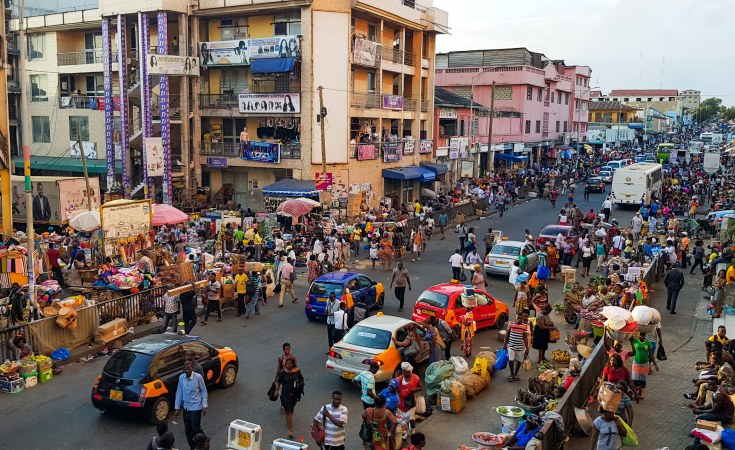The Minister of Finance, Ken Ofori-Atta, says the clinching of the $3 billion Extended Credit Facility (ECF) deal with the International Monetary Fund (IMF) will help bring the country back on the path of growth, macroeconomic stability and debt sustainability.
"Though the government acknowledges the IMF programme is not the magic wand to address all the socio-economic and development challenges facing the country, it is the first step to restoring economic stability and promote inclusive growth," he said during a joint virtual press conference between Ghana and the IMF in Washington yesterday,
The press conference was to brief journalists on the outcome of the IMF Executive Board approval of Ghana's Extended Credit Facility programme for a $3 billion balance of payment support.
Mr Ofori-Atta said it would require hard work and collective support and sacrifices from all the citizens and stakeholders to address the macroeconomic challenges facing the country.
Mr Ofori-Atta said the government was confident the country would be able to overcome the current crisis the economy was going through.
He said the government would work to achieve the targets set under the programme to enable the country to access all the $3 billion earmarked for the programme, and mentioned some of the targets as improving revenue, cutting expenditure and zero financing of the budget of the BoG.
Mr Ofori-Atta said the first tranche of $600 million which was expected to hit the country's account today, would be used to support the budget and meet the government's financing needs.
"The government is working to increase revenue to Gross Domestic Ratio to 18 per cent from the current 12 per cent to create enough fiscal space and also bring down the debt to GDP ratio to about 55 per cent," Mr Ofori-Atta stated.
He said discussions with the country's private creditors as part of the country debt restructuring exercise, were going on fruitfully.
Mr Ofori-Atta commended the IMF Executive Board, the IMF Managing Director, Kristalina Georgieva, bilateral creditors and Ghanaians for their support which had helped the country to broker the IMF ECF in a record time of six months.
"The approval of the IMF Executive Board of Ghana's Extended Credit Facility is a signal to the other countries that want to come to the Fund for a programme," he said.
The IMF Mission Chief for Ghana, Stéphane Roudet, in his remarks, said Ghana had been facing a severe economic and financial crisis, with a debt burden assessed as unsustainable, hence the need for Ghana to seek IMF support to prop up the economy.
Describing Ghana's programme as very ambitious, he said the programme had three key objectives: restoring macroeconomic stability, ensuring debt sustainability, and laying the foundations for higher and more inclusive growth.
Mr Roudet said the first review of the ECF would be done in June and would be on the quantitative targets set for the programme.
The Governor of the Bank of Ghana, Dr Ernest Addison, lauded the IMF Executive Board for approving the ECR to help reset the Ghanaian economy.
He said the BoG would go by the zero financing of the government budget agreement with the IMF to help rein in inflation.


